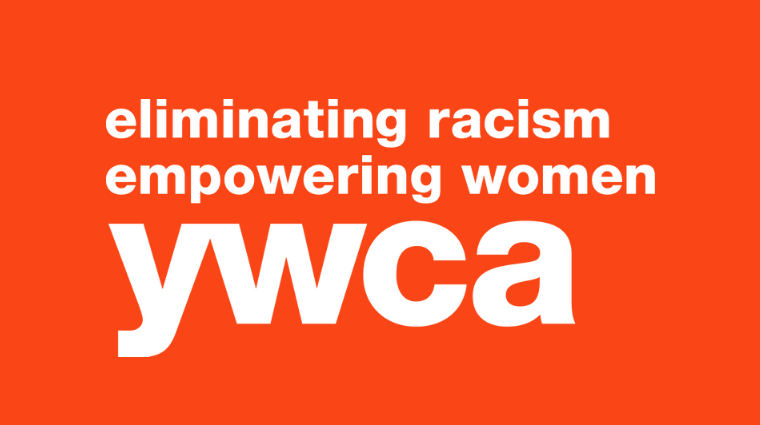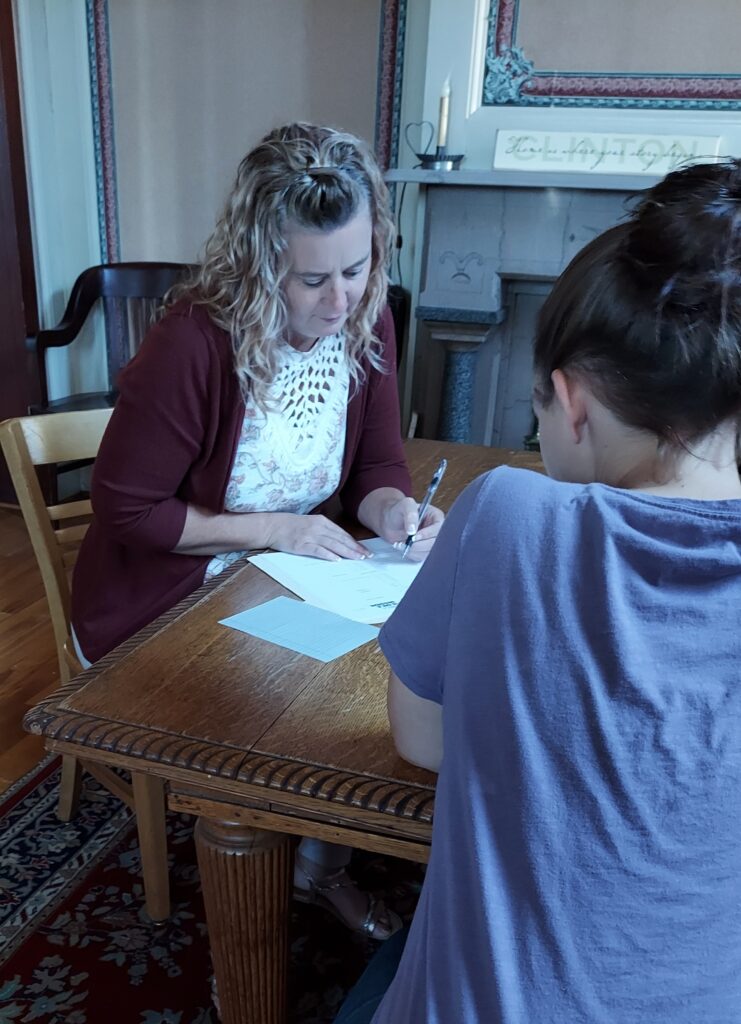
IWF extends a special thank you to our 2022 Grant Partner, YWCA Clinton Empowerment Center, for writing this guest blog, shining a light on a primary barrier to women’s success, and working diligently to improve the lives of Iowa’s women and girls.
Housing instability is a major problem in Clinton County, and the YWCA Clinton Empowerment Center works to provide tools and resources to keep people sheltered and safe. The Center works to meet emergent housing and other needs, help build skills for self-sufficiency, and provide education and training opportunities.
The Women Workforce Ready (WWR) program is a holistic suite of services offered through our Empowerment Center designed to address the major barriers to housing, education, and training women face when working toward self-sufficiency—particularly women who are experiencing homelessness or are on the verge of homelessness.
The goals of this program are threefold:
- To get women into safe and affordable housing through our Rapid Rehousing and Homelessness Prevention Program (RRHP)
- To address their emergent needs, such as clothing, doctor visits, and mental health care to achieve personal stability through case management and referrals to appropriate agencies.
- To connect WWR participants to education and training opportunities in Clinton and Jackson Counties.
The YWCA Clinton Empowerment Center understands that to successfully help women move towards self-sufficiency, a wrap-around approach to services is crucial. For this reason, the program aims to build upon the foundation of our RRHP to ensure that once women are housed, they are properly equipped for the financial and personal stability that allows them to keep their homes. By working with our case managers bi-weekly for up to one year, WWR participants receive continuous support, advocacy on their behalf, and guidance in learning how to navigate systems necessary to secure education and training so that they can gain the skills they need to enter the workforce and sustain success.
Each case manager, funded by grant dollars, works to oversee the program and coordinates bi-weekly check-ins with WWR participants. In addition, funds go towards hosting three industry-specific job fairs highlighting the healthcare, trades, and manufacturing sectors in our community so women can learn about different job opportunities, their specific training requirements, and opportunities offered by different companies and organizations.
In January 2021, we began recruiting WWR participants from our housing services hotline, as well as promoting the program throughout the community. The following month, the program officially launched, and participants were assigned to case managers.

For the remainder of 2021, case managers continued to meet with participants bi-weekly, connecting women to services and programs, and helping them build personal stability.
Once achieved, case managers shifted the focus to creating a long-term stability plan, including learning about possible career paths and the necessary training for each. Three job fairs were held throughout the year, with each fair highlighting a different sector in our community.